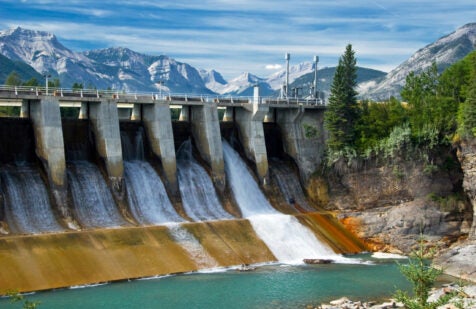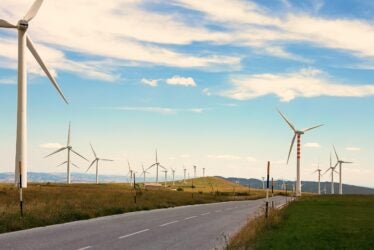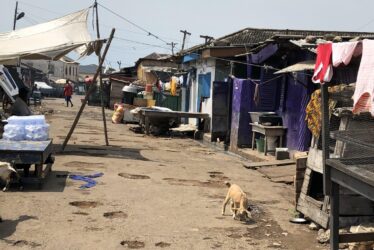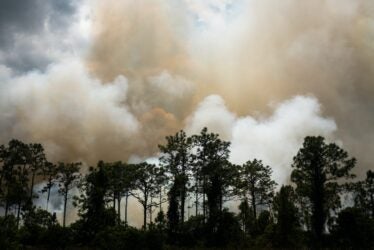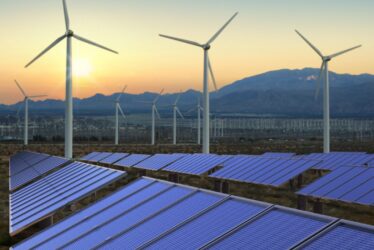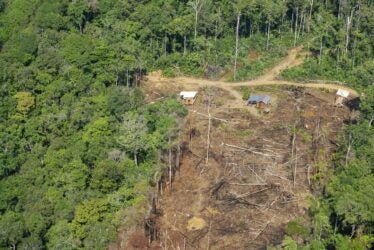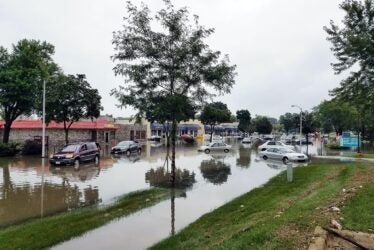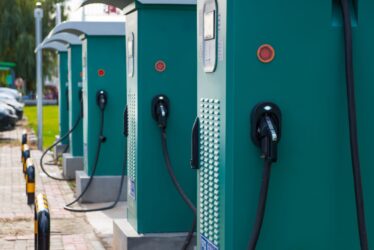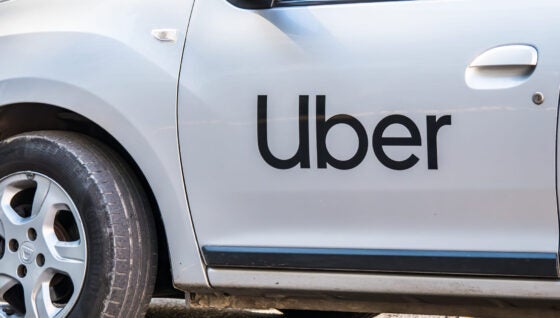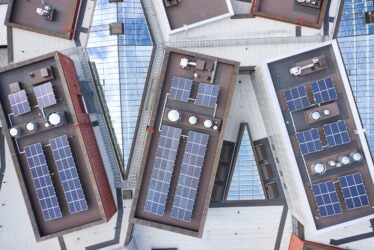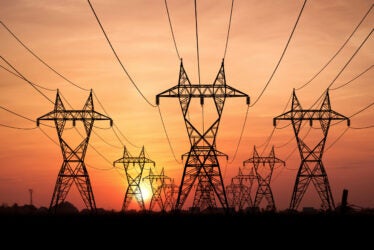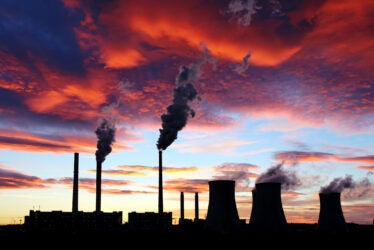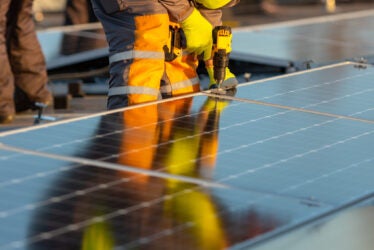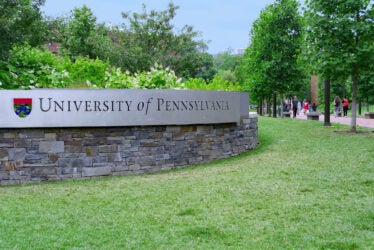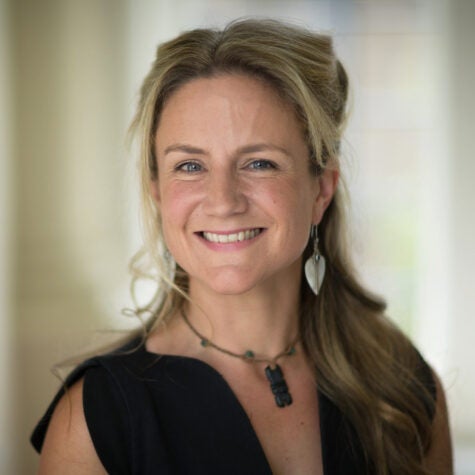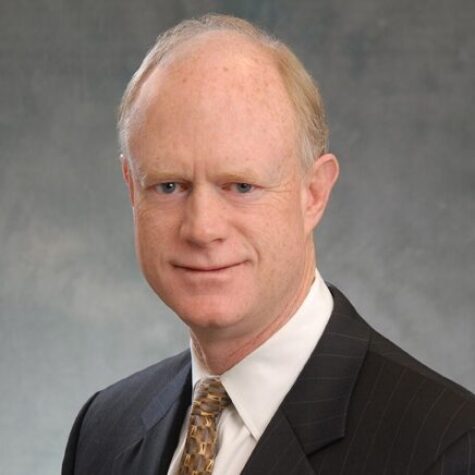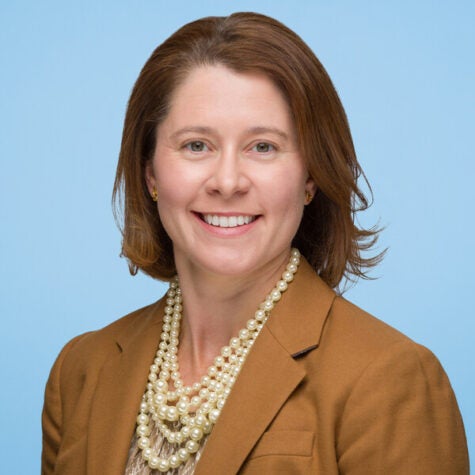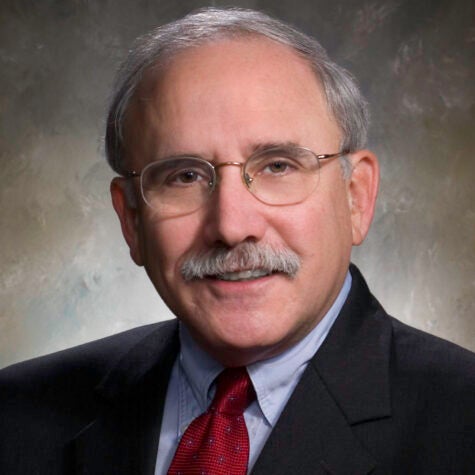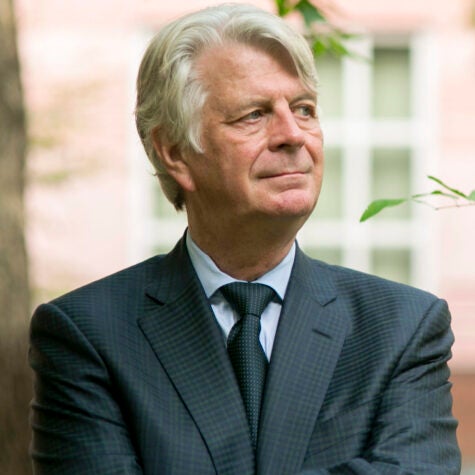From Our Directors
This annual report marks a full year operating in a pandemic. After transitioning to an entirely digital delivery system last year, we are pleased to report a highly productive year in our three core areas:
fostering impactful research
convening today’s experts
developing tomorrow’s leaders
Video Letter
Faculty Director Mark Alan Hughes and Executive Director Cory Colijn share highlights in this year’s video letter.
Fostering Impactful Research
From the how-tos of carbon capture to powering informal settlements, our research grows out of the expertise here at Penn, including our own research team and scholars across campus who respond to our annual call for grants. Our visiting scholars program reaches beyond campus, drawing expertise from across the globe.
Center Research
Clean Energy Conversions Lab
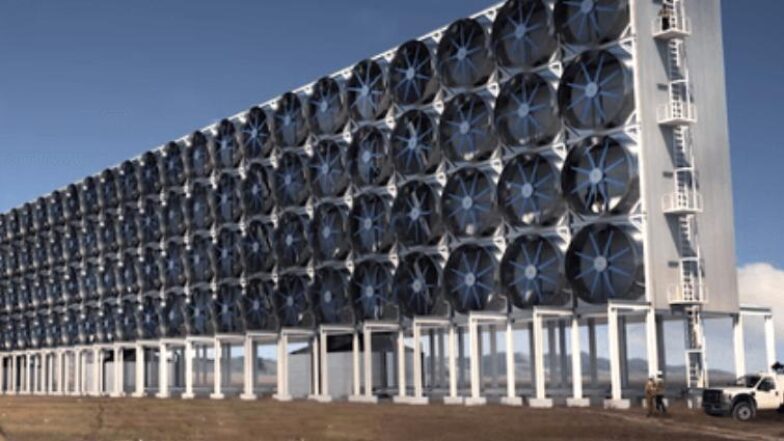
Last fall we were pleased to welcome our first faculty hire: Jennifer Wilcox, Presidential Distinguished Professor of Chemical Engineering and Energy Policy. In December, Wilcox took a leave of absence to serve at the Department of Energy, where she is Principal Deputy Assistant Secretary for the Office of Fossil Energy and Carbon Management.
A team of researchers continues her carbon capture work here at Penn’s Clean Energy Conversations Lab, researching everything from carbon mapping to reverse mining.
While at Penn, Wilcox and her team published the first CDR Primer, a resource on the fundamentals of carbon dioxide removal and its role in addressing the climate crisis. This online tool has already garnered more than 100K page views.
Kleinman Center Projects
Research Grants
Our research grants this year supported energy-related projects that spanned the disciplines of business, economics, engineering, design, arts, and science. Grant recipients wrote on everything from carbon tax to energy storage. We learned about the opportunities for nuclear in Africa and the challenges of energy efficiency in historic preservation.
Policy Digests and Reports
Research Recognition
Truck Ports Explainer Video
Highlighting the work of Kleinman Center affiliate Steve Viscelli, this short explainer video on the energy efficiency gains of well-designed truck ports caught the attention of numerous federal and corporate policy makers, as well as journalists. On campus, it was featured in Penn Today and other Penn outlets, reaching an audience of 230,000.
CONVENING TODAY’S EXPERTS
While we missed gathering in the Energy Forum, we continued to convene students, thought leaders, and visiting scholars for a full lineup of content-rich virtual events. Our workshops, lectures, panels, and seminars drew speakers and audiences from around the world.
Carnot Prize
The Carnot Prize is the Kleinman Center’s annual recognition of distinguished contributions to energy policy through scholarship or practice.
Sheila Oparaocha, an energy equity leader at ENERGIA, received this year’s Carnot Prize for distinguished contributions to energy policy. Oparaocha has spent nearly two decades working in the gender and energy sector. She currently manages a multi-country and multi-partner program portfolio spanning 22 countries in Asia and Africa. Oparaocha accepted the prize remotely from her home in Zambia—with her mother by her side.
Lectures, Workshops & Seminars
During the pandemic, we produced virtual events with an emphasis on timely and engaging topics and high-profile presenters.
Public Events
Workshops & Seminars
Virtual Engagement
This year, we learned that the silver lining of virtual events is a larger reach. While past live events gathered local audiences, this year’s events pulled in registered guests well-beyond the Philadelphia area.
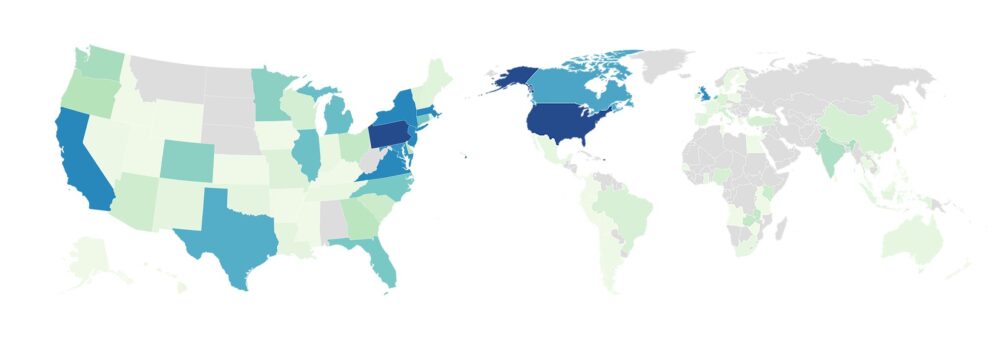
Virtual Visiting Scholars
With no travel to campus, our visiting scholars participated in more flexible collaborations this year—meeting with Penn faculty and presenting public lectures from their home offices.
Sara Bronin
Tony Reames
Nathalie Seddon
Podcast
In its fifth season, Energy Policy Now covered timely energy topics on everything from Europe’s hydrogen plan to Biden’s climate agenda.
DEVELOPING TOMORROW’S LEADERS
We aim to not only educate students about energy policy, but to immerse them in energy policy. Our student grants program, spring seminar series, summer fellowships, and research opportunities are just a few ways students get hands-on experience through the Kleinman Center. This year, we offered our first-ever student blog competition—preparing tomorrow’s leaders with research and writing opportunities.
Introduction to Energy Policy
To keep ENMG 502 students engaged, professor Mark Alan Hughes produced a flipped classroom experience with prerecorded lectures and discussion questions that students answered before class.
Synchronous class time was then spent on further discussion and student-directed mini-lectures.
This innovative teaching approach recently captured the interest of a journalist from Inside Climate News, who asked to come and observe the class and write a story about it.
Blog Competition
Our first student blog competition drew submissions from across campus. Students proposed unique energy policy solutions to address the climate crisis. Finalists were featured on the Kleinman Center website and the top three writers received cash prizes.
Undergraduate Student Seminar
Once again, we gathered students interested in climate and energy policy for bi-weekly conversations with Penn researchers. We also organized a blog writing workshop led by energy reporter David Roberts.
From across three schools and eleven departments or programs
From across six schools
Including sixteen blog posts and three policy digests
Summer Fellowships
Thanks to a partnership with 2016 Carnot Prize recipient Fatih Birol, each summer we send a student to the International Energy Agency for an immersive work experience. This year, the IEA made room for two virtual fellows. We also introduced a local summer fellowship with the Philadelphia Energy Authority.
At the IEA, Yara Albeaini played a key role in the creation of the annual World Energy Outlook, exploring how producer economies in the Middle East and North Africa can undergo an energy transition in their local supply and energy exports. Maxwell Pisciotta, also a 2021 Kleinman Birol Fellow, worked on an IEA report about direct air capture.
Joshua El-Beya worked at the Philadelphia Energy Authority on several projects, including developing a new pipeline project, building as well as implementing new financial tools, accessible loan products, and resources to accelerate the adoption of energy efficiency and renewable energy in Philadelphia.

Yara Albeaini
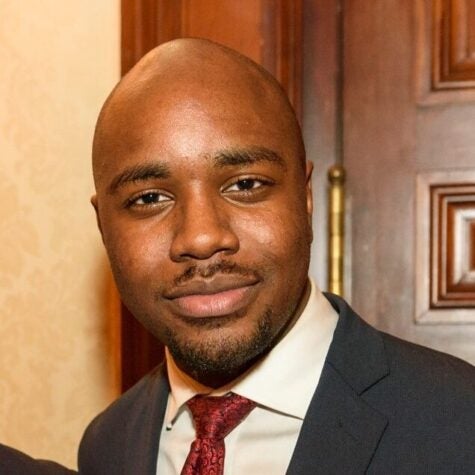
Joshua El-Bey

Maxwell Pisciotta
BEHIND THE SCENES
Many thanks to the people working with us behind the scenes to make each year a success. This year, our advisory board put in extra hours to provide direction and feedback on our five-year strategic plan. And our staff worked on a plethora of projects, including the planning and creation of this new website.
Thank you
Advisory Board
Thank you to our advisory board for your continued guidance and your detailed direction on our strategic plan.
Paul Bonney
Mark Brownstein
Emily Duncan
Scott Kleinman
Ken Kulak
Sonny Popowsky
John Quigley
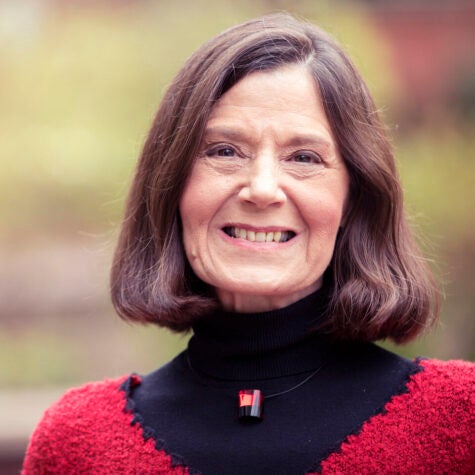
Lynn Scarlett
Marvin Schlanger
Frederick Steiner
Donors
Thank you to our donors, who make this effort possible.
Scott Kleinman
Eric Gribetz
Carl Goldsmith
Steven Lefkowitz
Weitzman School
Thank you to colleagues at our home school who provide us with expertise, inspiration, and support.
Staff
And thank you to our team—for the tireless work this year from remote offices.
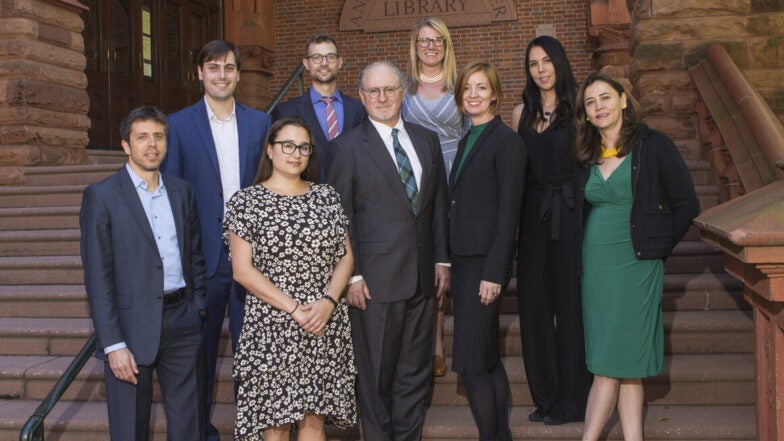
2019-2020
First Faculty Hire: Jennifer Wilcox • First Energy Week at Penn • Carnot Prize: Cheryl LaFleur • COVID-19 Response
2018-2019
$30 Million Renewal Gift • Carnot Prize India: Piyush Goyal • Philadelphia Refinery Report
2017-2018
Kleinman at Home & Abroad • Carnot Prize: Gina McCarthy • Advisory Board Growth
2016-2017
Energy Policy Now Podcast Launch • Carnot Prize: Fatih Birol • First IEA Summer Fellow
2015-2016
Fisher Fine Arts Renovation • First Carnot Prize: Daniel Yergin • New Programming
2014-2015
$10 Million Gift • Center Opening • Vision & Plan • New Research & Programs


